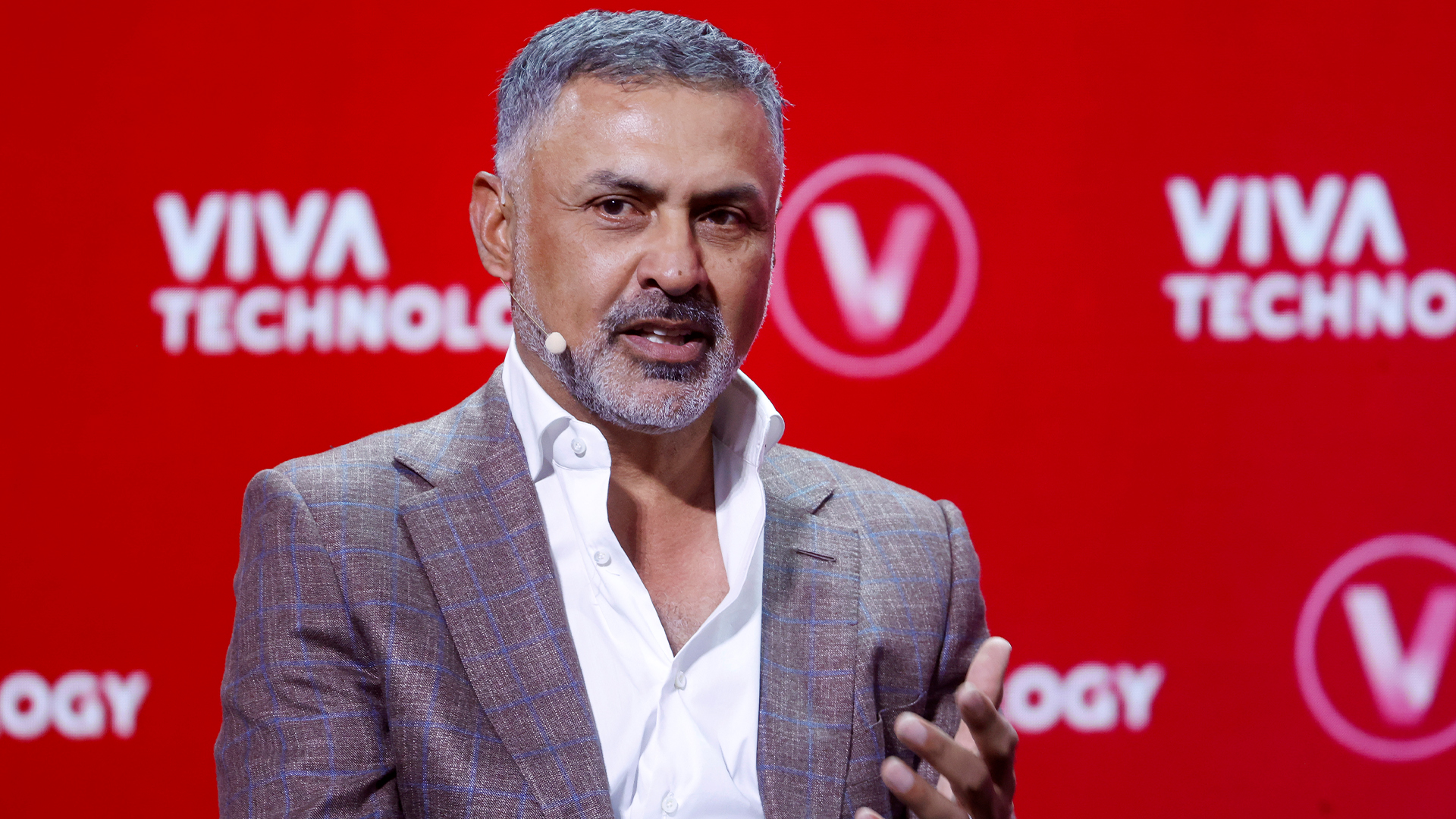
Stay up to date with the latest Channel industry news and analysis with our twice-weekly newsletter
You are now subscribed
Your newsletter sign-up was successful
What has been your journey to MD of OCF?
I originally trained with Ernst & Young in Leeds and became a chartered accountant. After a stint working for the same firm in South Africa, I came back to the UK and became a partner at a Leeds-based accountancy firm. I left the accountancy profession altogether in 1990 and spent the next six years at an industrial group as group financial director. It was here that I experienced a broad range of corporate activities such as acquisitions, disposals, company reorganisation and company flotation. That set the foundation for me joining Open Computers and Finance in 1997, the predecessor to OCF. In 2002 I was responsible for establishing OCF plc, buying the business and assets of OCF Limited in a management buy-out.
What has been your best moment in business?
It would have to be succeeding in buying OCF in 2002. Although I had been appointed MD in 1997, there were a lot of problems with the business, not least of which was the fact that it was owned by two individuals who had significantly different ideas about where the business should be going. It had been very successful for a short period of time as a Silicon Graphics reseller, primarily selling Unix workstations. As x86 ate up the Unix desktop market, business became more challenging for both SGI and OCF. There was a very difficult phase, with unwise diversification and internal unrest. When the opportunity came to acquire the business, myself and three of the managers at the time quickly brought the company back to its HPC heartland.
Whilst two of those have since left the business, Steve Reynolds and I, together with our fantastic employees, have grown OCF into probably the most successful HPC integrator in the UK.
What was your biggest regret?
I don’t really do regrets as a rule, especially in business where you really have to back your judgement and go for it. However, I do feel that I missed out a lot when my children were very young. I think that I was perhaps too driven and left too much to my wife to sort out, which, to be fair, she did brilliantly. With hindsight, I should have done more at home. Consequently my children are constantly reminded that one of the most important concepts in life is balance.
Stay up to date with the latest Channel industry news and analysis with our twice-weekly newsletter
What is the best business advice you have ever been given?
This is a difficult one as over the years there have been plenty. But, two of the best pieces of advice can be encapsulated in the following sayings:
“It’s the squeaky wheel that gets the grease” - in other words don’t wait for someone else to do or say something and make sure that you or your company’s voice is heard.
“Deal with where you are, not where you want to be” - you have to manage situations as they arise; don’t waste time wishing they were different.
Which company (other than yours) do you admire the most and why?
The usual answer to a question like this is some large corporation that has done very well, perhaps dominating its industry sector or having an extremely charismatic leader. However, when you deal with such companies they usually disappoint. I admire people who ‘have a go’ - there are thousands of people who have taken a risk and set up a company to back their own instincts. A lot fail, a lot don’t get very big, but they are the lifeblood of innovation.
Which other MD or CEO do you believe has done an outstanding job? Why?
Someone who probably no-one reading this will ever have heard of! Roger Newton was a person of the late 70’s/early 80’s who took a company called Wold Farm Foods to market and was seen as a bit of a whizz kid. He ended up at an agricultural machinery manufacturer that was a client of mine in the 80s when I was a practicing accountant. I joined him at that business when I got fed up of accounting. The business was an absolute nightmare in that recessionary period, but his drive and determination to survive led him to pull off some remarkable deals to keep the company afloat – eventually convincing a PLC to buy it and becoming CEO of that PLC. A remarkable man with incredible drive and focus.
What is the single biggest issue facing the channel in 2015?
It continues to be disintermediation. If you do not add proper value in the journey from manufacturer to end user then you will be cut out of the loop, either by being ignored or by having your available margin squeezed to uneconomic levels. Furthermore, what your value was last year may well not be this year - adapt or die!
What’s next for OCF?
Firstly, we’ll continue next year with everything we’ve been doing this year, continuing to leverage investment in R&D in public and private sector and continue to develop as an HPC integrator. Our value increases as solutions become more diverse so we’ll continue to develop our big data analytics business. Plus, I think that HPC on-demand is a valid business model; our own service, enCORE, is a vital part of our mix of offerings. Bioinformatics will be a significant area of specific customer opportunities in 2015, particularly with the 100,000 Genome Project. We’ll also be incorporating OpenStack and partnering with Red Hat on offerings, which allows heterogeneous systems to be more easily managed.
Lenovo has acquired IBM’s x86 server business and, as of 1 January new sales of servers will switch to Lenovo, so we want to help them build upon IBM’s System x legacy throughout 2015. Their stated aim of becoming number one in the server market, as they have on the desktop, should form the basis for some interesting times.
ITPro is a global business technology website providing the latest news, analysis, and business insight for IT decision-makers. Whether it's cyber security, cloud computing, IT infrastructure, or business strategy, we aim to equip leaders with the data they need to make informed IT investments.
For regular updates delivered to your inbox and social feeds, be sure to sign up to our daily newsletter and follow on us LinkedIn and Twitter.
-
 Palo Alto Networks CEO hails ‘the end of identity silos’ as firm closes CyberArk acquisition
Palo Alto Networks CEO hails ‘the end of identity silos’ as firm closes CyberArk acquisitionNews Palo Alto Networks' CEO Nikesh Arora says the $25bn CyberArk acquisition heralds "the end of identity silos" for customers, enabling them to supercharge privileged access management.
-
 Google says hacker groups are using Gemini to augment attacks
Google says hacker groups are using Gemini to augment attacksNews Google Threat Intelligence Group has shut down repeated attempts to misuse the Gemini model family

